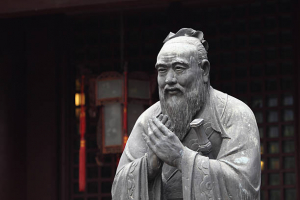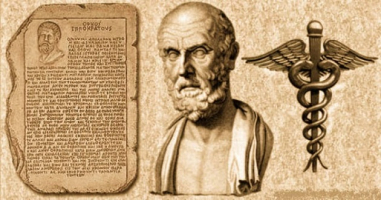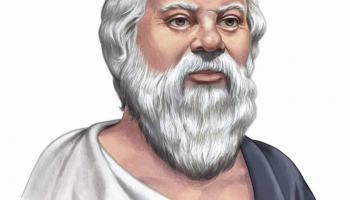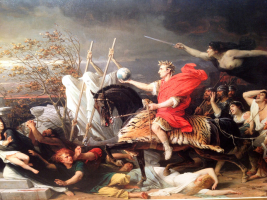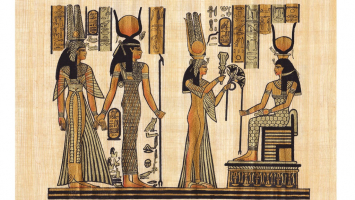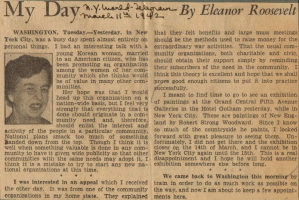Top 6 Major Contributions of Sun Tzu
Sun Tzu was a famous Chinese general, military strategist, author, and thinker who lived during the Eastern Zhou period of ancient China. Sun Tzu is generally ... read more...credited as the author of The Art of War, a fascinating military treatise that created major contributions of Sun Tzu. That greatly influenced Western and East Asian military theory. His work covers tactics, strategy, procrastination, the use of government agents, the creation and maintenance of alliances, the use of double agents, and admitting defeat. In short, it encompasses the art of war. The Art of War is acknowledged as a work of methodological perfection and has been consulted by commanders and scholars since it was first published and translated.
-
Sun Tzu was always strategical planning how to attack his opponents. He could not lead his soldiers where the terrain could not be favorable for him or his soldiers. He believes in strategy along with tactics to win battles. Sun Tzu once said, "He who arranges an entire army to pursue an advantage will not achieve it." The chance to win more, the chance to win less lies in the planning of the strategy. This is one of the major contributions of Sun Tzu as well as a highlight in Sun Tzu's military thinking. In The Art of War Sun Tzu emphasizes preparation for battle. In business, pay attention to how to make money in the competition. Those who are good at planning will definitely make money, and those who are not good at planning may be eliminated.
Strategical planning in every aspect of life is important. In the army, generals who know how to organize the army are clearly the winners. In business, a company that plans its own schedule will be very prosperous. In the daily routine, a person who has a plan will succeed in life. Planning gives people confidence when going into battles because your focus and focus will be solely on the main topic. Scheduling also provides additional options for redundancy in case the first plan fails.
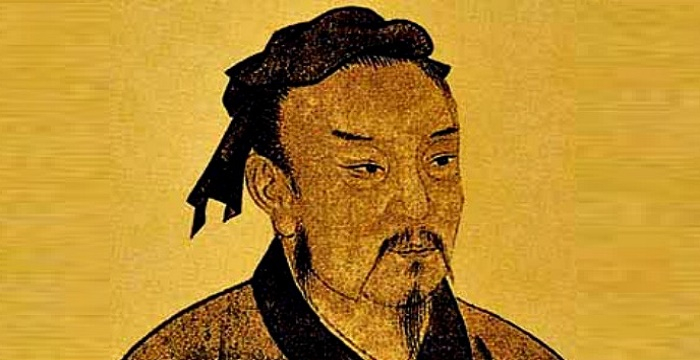
Source: topancienthistory.com 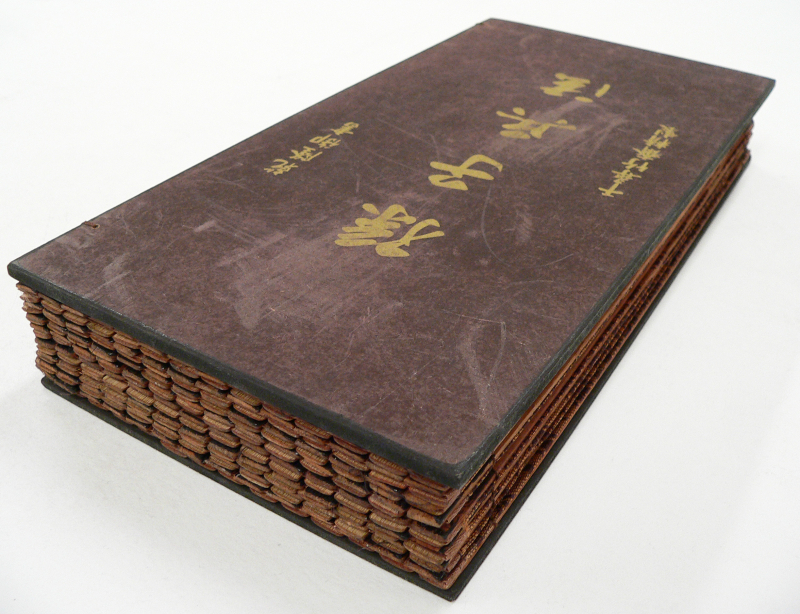
Source: topancienthistory.com -
Sun Tzu lived in a time when he could easily identify the countries participating in the war, but today's market is more obscure and murky, so it is very important to identify opponents. The big picture of today's marketplace permeates mergers and acquisitions, or the image of a large corporation crushing smaller powers. One can see that some new businesses enter the market quickly, and others grow slowly in secret. Competitor identification includes both known and unknown businesses. One of the most important sayings of Sun Tzu is: "Know your enemy, know yourself," to "win a hundred battles, you will never be in danger". This major contribution of Sun Tzu is as true today as it was then. Understanding your enemy, his tactics, and his culture is important if you want to outmaneuver him.
Identify opponents it can be judged that it is extremely wrong to determine that you do not have a competitor because no one has the correct technique or process, or because you have not conducted a due diligence survey. possible to identify other competitors. Some small businesses that have been started and operated for a while believe they are the only ones who know how to satisfy their customers. That is never true. Whatever you're doing that no one has done before, there are always solutions and alternatives, which can be less sophisticated and more expensive. You must fully understand those products and alternatives.
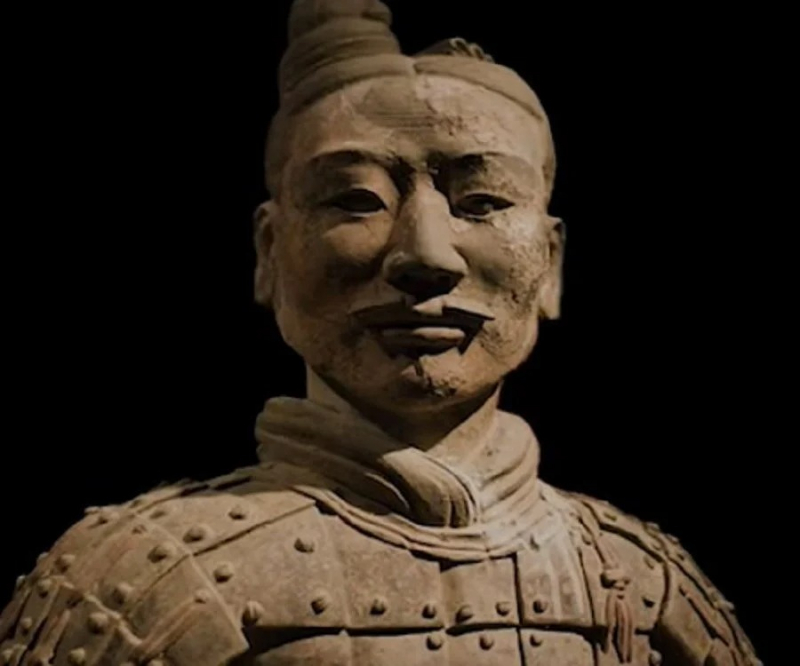
Source: thefamouspeople.com 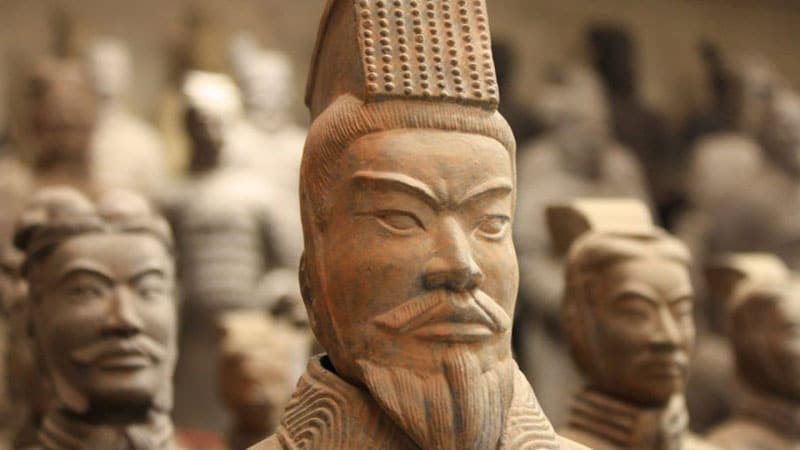
Source: succeedfeed.com -
Look to your strengths, Sun Tzu's famous statement that "every war is won or lost before it is won or lost" indicates that victory belongs to individuals who carefully plan. Avoid enemy strongholds and attack their weak points. If you know someone who intends to beat you to their advantage, don't be fooled by the bait. Focusing on your strengths and weaknesses is the major contribution of Sun Tzu.
The process of looking to your strengths can be compared to water. Like water flowing downhill, an army should rely on its natural strength and attack the enemy when he is powerless. Also, just as the path of water matches the landscape through which it flows, the military should adapt to the nature and circumstances of the enemy. Apply to live, become a talented leader to maximize the potential of employees: “Must be soft and generous so that soldiers can agree; Using strict military law so that the soldiers are at their best, they can make the soldiers fear and obey." To be able to understand and apply Sun Tzu's philosophy, a leader must not only be intelligent but also have a decent personality. Without personality, understanding, and sympathy, that person cannot lead employees in the right direction or bring true value to customers in the long run.
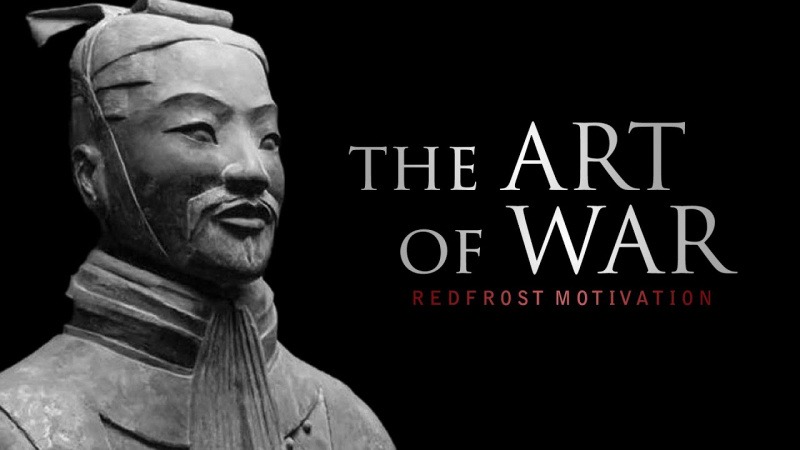
Source: everydaypower.com 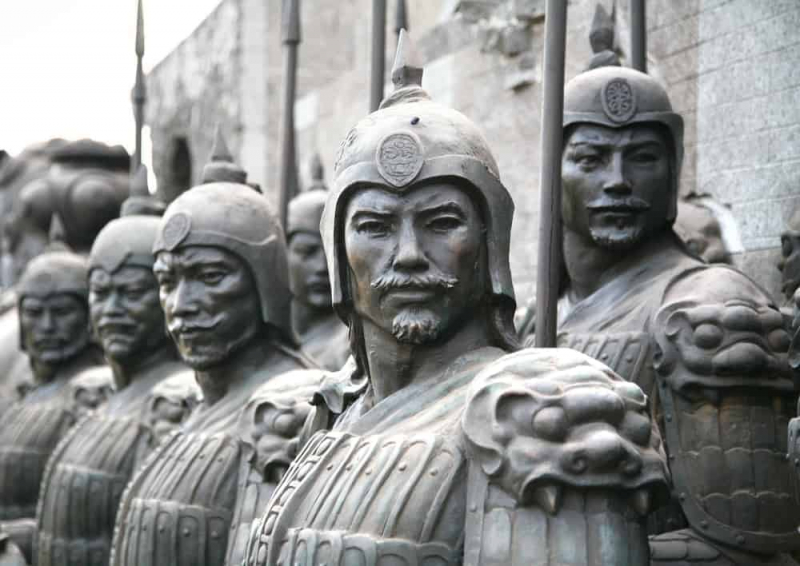
Source: globaltimes.cn -
Subterfuge and Intelligence are expressed in the saying, "Therefore, in war, the way is to avoid what is strong, and attack what is weak." During the war, it was pretty much direct. But in other aspects of life it means that if you have little chance of winning any contest, you're better off leaving it and looking for a fair competition that best suits with your level. "Only the wise ruler and wise general use the highest intelligence of the army for the purposes of reconnaissance, and thus achieve great results." Having a mole in enemy territory gives you a plus for being able to subdue your enemies. The spy will pass on your enemies' secrets to you so you can plan against their strategy.
Based on Subterfuge and Intelligence, the formation of the Central Intelligence Agency (CIA) built on the ideas first put forward by Sun Tzu in The Art of War, it can be seen that the major contributions of Sun Tzu are still useful to this day. Similarly, whether you're a boss handling your employees or a preschool teacher who can't deal with a rebellious classroom, Sun Tzu has words of wisdom for everyone. Knowing more about your employee's or children's conditions will help you understand them and ultimately control them. Sun Tzu covers all aspects of intelligence in his book: counterintelligence, wits, hypocrisy, secrecy, and deception. Sun Tzu wrote, "Know yourself, know your enemies. A thousand battles, a thousand victories." Before going into battle, you should know your strengths and weaknesses as well as the strengths and weaknesses of your enemies. If your piece is weaker than the enemy piece, it is better for you to retaliate than to go and fight a losing battle. This is true because the final outcome of your actions will determine whether you will win or lose the battle.
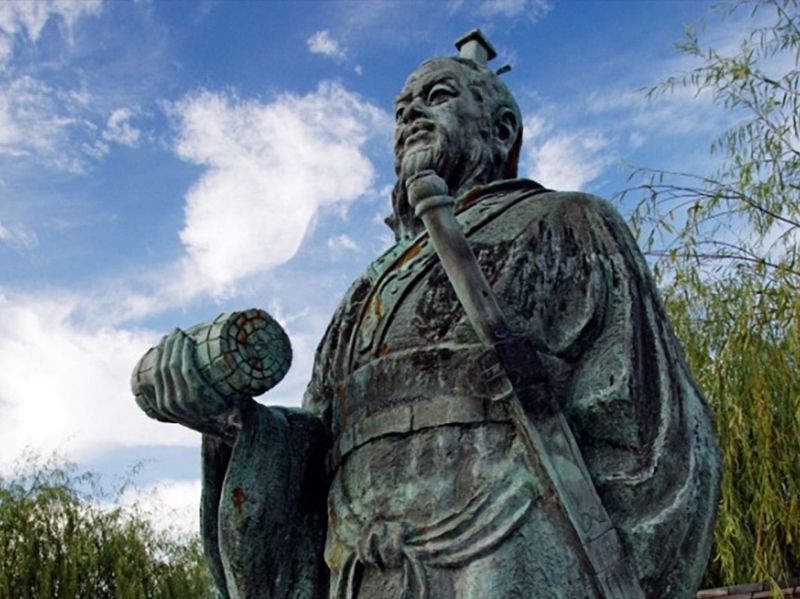
Source: victor-mochere.com 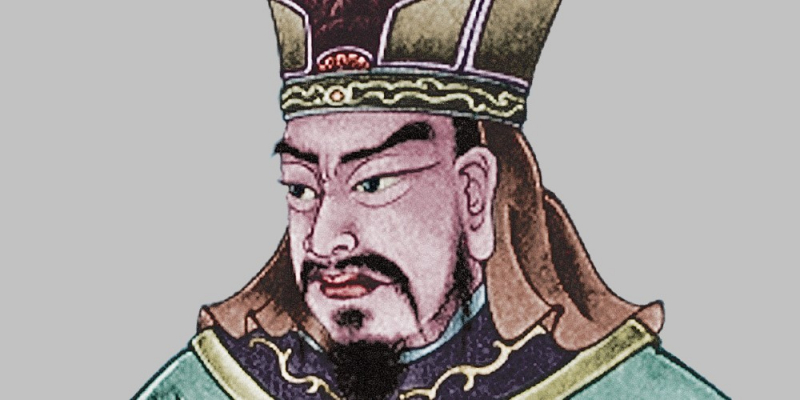
Source: businessinsider.com -
Victory without fighting is shown through "The supreme art of war is to subdue the enemy without fighting". This became a major contribution of Sun Tzu because Sun Tzu believed that it was not necessary to enter the battle to defeat the enemy. He believes in success with resources and vision still intact. He can use strategies and tactics to subdue his enemies without fighting. In the modern world, sly, witty, creative, and intelligent sails pass faster with much less effort. In contrast, those who do not know how to think will find themselves having to spend a lot of effort to find a simple solution. To fight and conquer in all your battles is not supreme excellence; supreme excellence consists in breaking enemy resistance without fighting.
Sun Tzu believes that victory without fighting, instead of stubbornly holding your opinion rigidly in a situation that affects your partner, it is better to put yourself in his/her place and find work out possible solutions. With this, you will use very little time and resources in finding solutions. The stakes in war are very high and for a country to win it is advisable to use all the military apparatus available to that country. Sun Tzu repeatedly spoke of the financial costs of war and the overwhelming burden of removing men from civilian roles and using them as troops on the battlefield. Therefore, war should not be the main means by which a country fights for its ideals because it is very costly. After all, a victory in battle is useless if life after that is irretrievable.
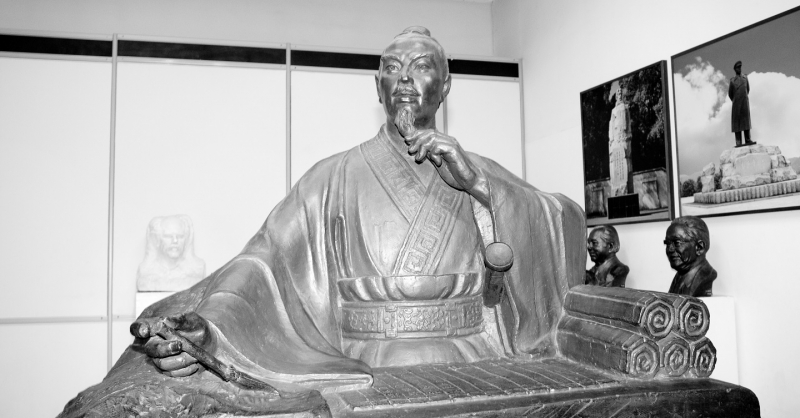
Source: thediplomat.com 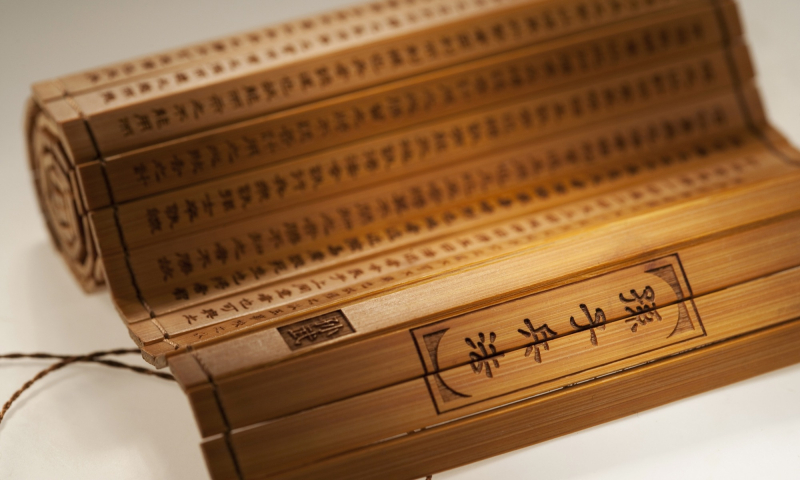
Source: thediplomat.com -
Sun Tzu's idea of cunning and reconnaissance - influencing enemy choices was essential to his fighting technique. Henry Kissinger in On China said that what distinguishes Sun Tzu from Western journalists in methodology is the emphasis on spiritual elements rather than mere military. This will be made clear through strategies and activities: the direction of the army's advance, the layout of the archers, and the accumulation of knowledge. Each is done in a way that defeats the enemy and establishes mental superiority over them. This can also be applied in ordinary life. Ideas about spying on and outsmarting enemies are common in The Art of War.
Sun Tzu believes in a cunning and reconnaissance approach when facing enemies, this battle strategy is one of his major contributions of Sun Tzu. He quoted, "All war is based on deception. So when we can attack, we must appear unable; when using our forces, we must appear inactive. moving; when we are near, we must make the enemy believe that we are far; when we are far, we must make him believe that we are near." With this, your enemies will be confused as to how much force is needed to retaliate. The goal here is to make sure that the enemy doesn't read your moves in any way. This is very effective when you attack the weakest links of the opponent. For example, in combat, the enemy will use less power to retaliate thinking you are weak. It's a time when you can unleash your full potential and take down your enemies without warning.
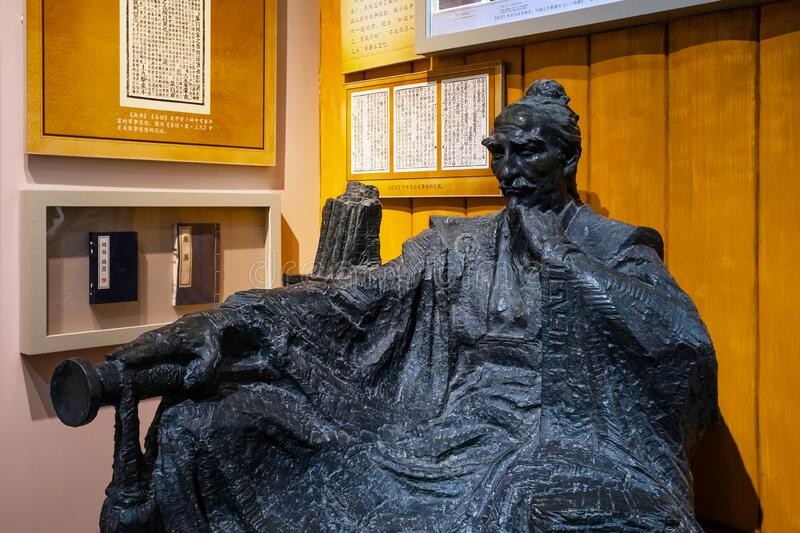
Source: thehistorianshut.com 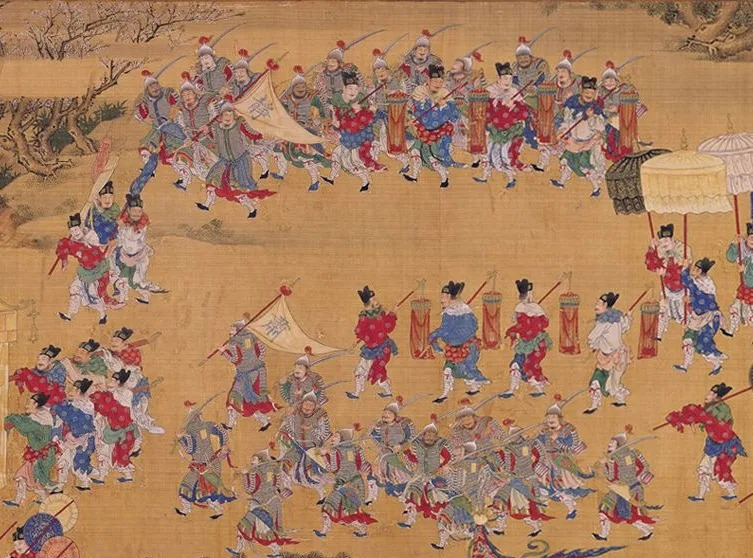
Source: thehistorianshut.com








